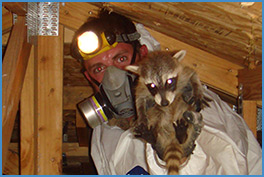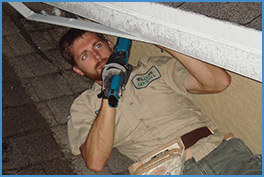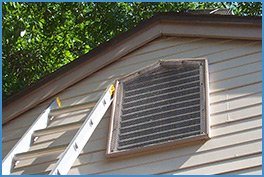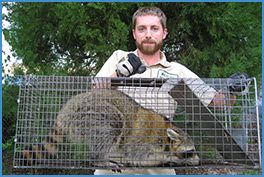Plymouth Pest Animal Removal: 617-939-9710
Pest Animal of Plymouth provides nuisance animal removal services in Plymouth, MA. We humanely solve conflicts between people and the wild animals of Plymouth Massachusetts, including raccoons, squirrels, rats, snakes, birds, opossums, skunks, and more! We are a full-service nuisance wildlife control company
servicing the greater Plymouth region. We provide both residential and commercial services, and are fully licensed and insured in Massachusetts. In solving pest animal conflicts, we utilize a full array of services, from humane trapping and relocation, to critter prevention and damage
repairs, to dead animal removal, attic cleanup, and more. We offer competitive pricing and the best service in Plymouth. Every situation is different, so give us a call at 617-939-9710 now to discuss your wild animal problem, and get a price quote over the phone. We
answer our phones 24-7-365, work on weekends, and can usually schedule a same-day or next-day appointment to solve your pest animal problem!
Plymouth RACCOON CONTROL: Call us now for raccoon removal in Plymouth, MA.
Visit the How to get rid of raccoons page to learn how to do it yourself.
To find out our prices for raccoon control, visit our raccoon removal prices page.
Plymouth SQUIRREL CONTROL: Call us now for squirrel removal in Plymouth, MA.
Visit the How to get rid of squirrels page to learn how to do it yourself.
To find out our prices for squirrel control, visit our squirrel removal prices page.
Plymouth SKUNK CONTROL: Call us now for skunk removal in Plymouth, MA.
Visit the How to get rid of skunks page to learn how to do it yourself.
To find out our prices for skunk control, visit our skunk removal prices page.
Plymouth RAT CONTROL: Call us now for rat removal in Plymouth, MA.
Visit the How to get rid of rats page to learn how to do it yourself.
To find out our prices for rat control, visit our rat removal prices page.
Plymouth MOUSE CONTROL: Call us now for mouse removal in Plymouth, MA.
Visit the How to get rid of mice page to learn how to do it yourself.
To find out our prices for mouse control, visit our mouse removal prices page.
Plymouth BAT CONTROL: Call us now for bat removal in Plymouth, MA.
Visit the How to get rid of bats page to learn how to do it yourself.
To find out our prices for bat control, visit our bat removal prices page.
Plymouth SNAKE CONTROL: Call us now for snake removal in Plymouth, MA.
Visit the How to get rid of snakes page to learn how to do it yourself.
To find out our prices for snake control, visit our snake removal prices page.
Plymouth BIRD CONTROL: Call us now for bird removal in Plymouth, MA.
Visit the How to get rid of birds page to learn how to do it yourself.
To find out our prices for bird control, visit our bird removal prices page.
Plymouth WILDLIFE CONTROL: Call us now for wildlife removal in Plymouth, MA.
We handle all wildlife, such as opossums, groundhogs, armadillos, moles, fox, coyote, and more.
To find out our prices for wildlife control, visit our wildlife removal prices page.
Other Resources for FREE Sity Animal Removal:
Suffolk County Animal Services: (617) 349-4376
New England Wildlife Center Wildlife Rehabilitators: (781) 682-4878 https://www.newildlife.org/
Massachusetts Wildlife Commission: 508-389-6317 https://www.mass.gov/orgs/department-of-fish-and-game
Plymouth Police Department: (617) 343-4240
Plymouth Wildlife Tip: How to Keep Groundhogs Away: They have shovel-like front feet, allowing them to be prolific diggers. They carve out underground apartments where they shelter, mate and hibernate, complete with a separate compartment that the fastidious little beasts use as a toilet. Once ensconced, they won't leave on their own.Because they're tenacious about their home-keeping, it can be easier to keep groundhogs away than it is to get rid of them. And it's important to take action as quickly as possible for once they mate and product a litter, the babies are likely to develop their own burrows nearby ¢ and soon there's a colony.













